
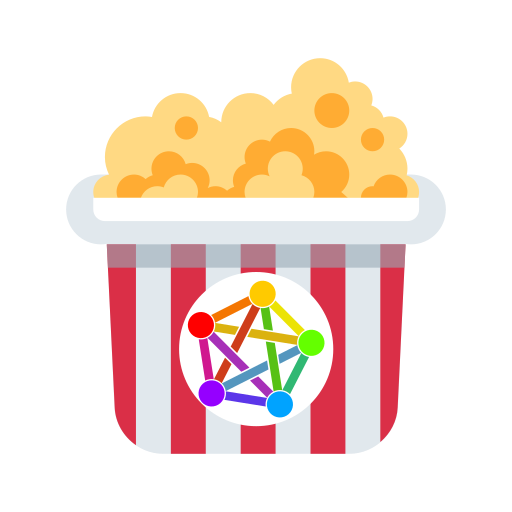
Fuck feddit.org and anyone that defends Zionism or suppresses anti-zionism. Trying to justify following Germany’s pro-zionist laws instead of a workaround is a pathetic excuse
The EuroMod admins even tried to deny the systemic rape of Palestinian prisoners, even after a huge amount of detailed reports by human rights organizations were linked, which they very clearly didn’t even read







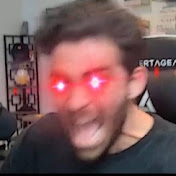







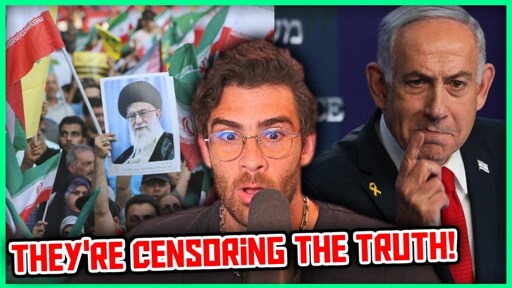










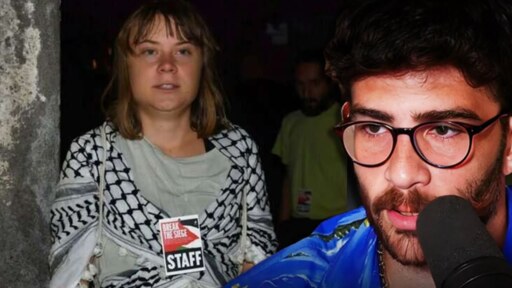



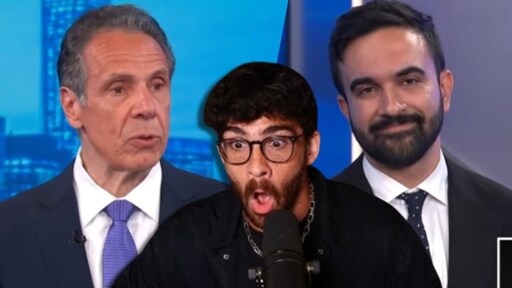

I look to see if the product in on the BDS list. The No Thanks app makes it as easy as a search or barcode scan